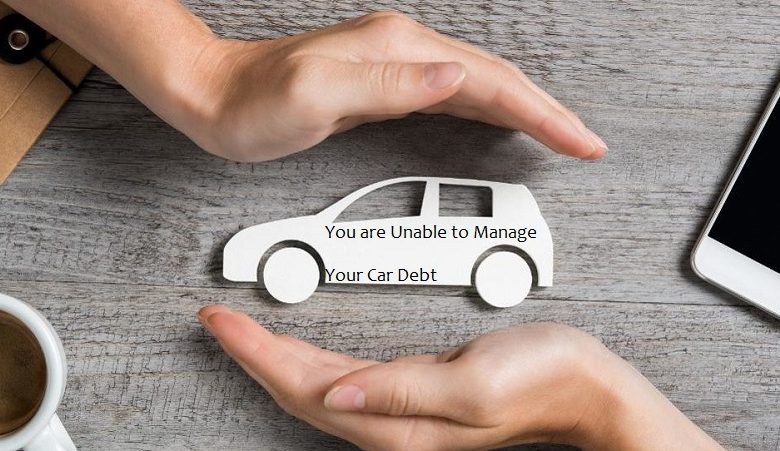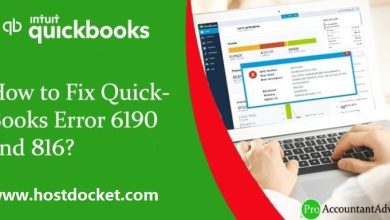What to Do If You are Unable to Manage Your Car Debt

A car provides necessary transportation for your daily activities, but you may have problems dealing with monthly payments. You are not alone if you find it hard to pay down the debt after a couple of months. A car loan is a big debt, and it can affect covering your household expenses.
You should have a second opinion if you cannot manage to keep up with payments. There are specific ways to get out of the debt if it is being difficult to keep up. If you do not do anything about it soon, you will eventually end up adding up interest, and this will increase the burden of debt.
Not only will you lose your car, but you will also lose your credit points, making it more difficult for you to borrow money at affordable interest rates. Well, you are not alone if you are having difficulty paying off the car debt. This blog discusses some tips that you can follow to get out of a car loan.
Tips to follow when you are struggling to manage your car debt
If you are sceptical about your repaying capacity, you should instantly find ways to sort it out before it worsens your financial condition.
-
Contact your lender
You should immediately contact your lender and explain to them that you are going to fall behind the repayment. When you make a default, vehicle repossession is the move that lenders take, but they are more interested in getting back their debt.
Therefore, they are usually willing to work with you to let you have your payments under control. There could be several reasons for going through a sticky patch. You should try to explain your true financial position to your lender.
Most lending companies would not like you to terminate the contract, and this is why they will try to come up with alternatives that make it easier for you to handle payments. Here are the three ways that the lender can use in order to ensure timely payments:
The due date will likely change
You may have difficulty paying down the debt on the same due date when your payday is changed. Your payday will likely change if you step down and find a new job. You can talk to your lender about your changed payday so they can change the due date of your next payment.
Even if there is a gap of a couple of days between your ex-payday and current payday, it is advisable to talk to your lender for getting the due date changed.
Ask for the change in the payment schedule
Although you have an option of getting your due date changed, sometimes it may not be sufficient. Many times people have problems in managing debt payments because their financial situation is no longer the same. It is crucial to tell your lender about your true condition in this situation.
The lender will re-evaluate your financial situation and then try to offer you a repayment plan. A revised repayment plan will suit your needs. A new repayment plan will extend your repayment term, making monthly payments smaller and more manageable.
If you are looking for changing the payment schedule, note that the term of the loan can extend because of smaller monthly payments. It means you will end up paying more than the value of your car.
Request a deferral
If you are going through a financial hardship, changing the payment schedule will not be enough. For instance, if you lose your job and until you land a new job, it may be challenging for you to keep up with payments. In this scenario, you can request your lender for a deferral.
It is not easy to get it approved, but if your lender does so, you can skip payments for some time without any interest and penalty. However, it is essential to note that each lender has its own policy for deferral.
Some may allow you to defer your entire payment, while others may allow you to make interest payments. Some may allow you to defer until you land a new job, while some may allow you to defer only for a limited number of payments. In order to get a deferral, you will have to explain to your lender why you need it and give your financial details.
-
Trade in your car
When you have difficulty paying down the car debt, you should ask yourself whether it is just a one-time problem, for instance, an unexpected medical bill, or it will occur every now and then. Of course, you will have a significant problem if the latter is the case.
In this situation, you have only one option, and that is to trade in your car. You should look for a more affordable car if you are unable to pay down your debt. However, the market value of your car is worth more than the cost of your debt, you should directly sell it, and you should use the cash you get as the down payment for another car.
Note that your lender will again evaluate your credit score and financial affordability. If your credit score is already bad, you can look for guaranteed car finance with no credit check. Note that these loans are quite expensive, so make sure you do not fall behind on repayments.
-
Refinance your car loan
Refinancing can also be an option for you to tackle your auto loan. It is an excellent option for you if you have a good credit score and owe less than the value of your car. Refinancing will replace your current loan.
The new loan will be used to pay off your current car debt, and then you will pay down the new debt at much more affordable interest rates. Refinancing can extend the loan term, and hence it will be much easier for you to manage your debt.
However, note that refinancing will lead to a reduced credit rating. This is because your lender will run a hard credit check, and search footprints will show up on your credit report. Refinancing is not an option if your credit score is bad and you owe more than the worth of your car.
-
Give it back
If neither of the options mentioned above suits your financial condition, you should voluntarily surrender the car to your lender. Undoubtedly, it will have a negative impact on your credit score. Note that this will show up on your credit file for seven years.
However, in case of involuntary repossession, you will still have an obligation to pay off the balance if any amount is left after the car is cashed out and additional fees.
The bottom line
If you are sceptical about the timely payment of your car debt, you should immediately talk to your lender. Inform them of your actual financial condition and seek a revised repayment plan.
You can also consider refinancing your car loan. However, this is suitable only when you have a good credit score, and you owe less than the market value of your car. You can trade in your car, and if nothing works, you should return the car to the lender.




